Hospitality Investment Strategies: How REITs Are Shaping the Market in 2024

The hospitality industry is witnessing a strategic shift as major Real Estate Investment Trusts (REITs) reassess their portfolios to maximize returns. The recent CoStar article highlights how REITs are making calculated dispositions and reinvesting capital into high-growth properties, a move that p
Read More-
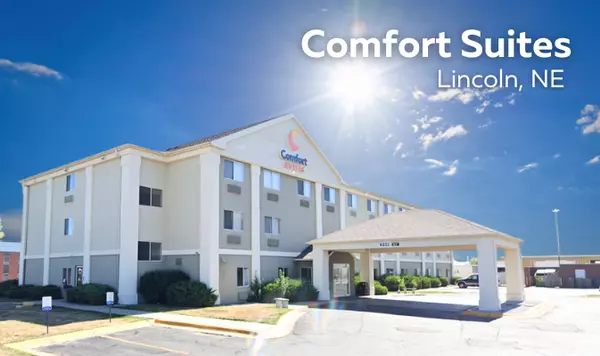
Are you looking for a lucrative investment in the real estate industry? Look no further than the Comfort Inn at 4231 Industrial Ave #59, Lincoln, NE 68504-1118. This 59-room hotel, built in 1994, is listed at $3,600,000 and offers a wealth of opportunities for savvy investors. Here’s an in-depth loo
Read More Unlocking Potential: The Investment Opportunity at 11130 N Ambassador Dr, Kansas City
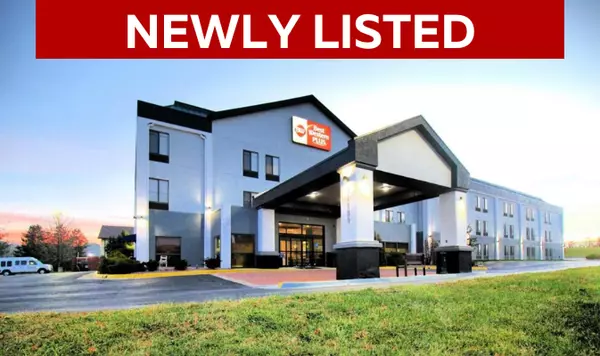
In the dynamic world of real estate, few opportunities present themselves as compellingly as the listing for 11130 N Ambassador Dr #Best Western Plus in Kansas City, MO. With a listing price of $0, this property stands out not just for its financial potential but also for its strategic location and
Read More-
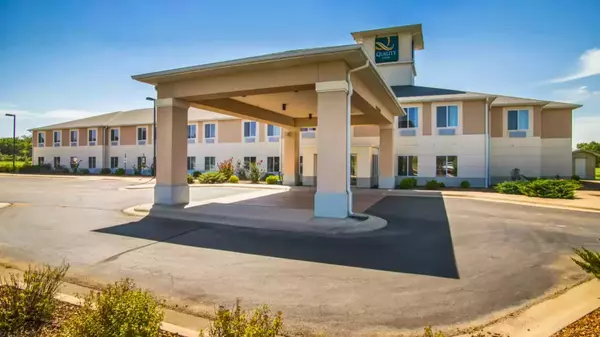
Are you considering venturing into the hospitality industry or expanding your existing hotel portfolio? Then look no further than the exquisite Quality Inn By Choice Hotels located at 1807 Harding Dr #50, Parsons, KS 67357. This exceptional property, exclusively presented by Reco Real Estate Adviso
Read More Understanding the Hospitality Industry: A Comprehensive Overview for Business

Introduction: The hospitality industry encompasses a diverse range of businesses that provide lodging, dining, and entertainment services to travelers and locals alike. From hotels and resorts to restaurants, event venues, and more, the industry plays a pivotal role in offering comfort, leisure, and
Read MoreUnderstanding the 1031 Exchange: A Strategic Tool for Real Estate Investors

The 1031 exchange, deriving its name from Section 1031 of the Internal Revenue Code, stands as a significant instrument for real estate investors. It's designed to defer capital gains taxes that arise from the sale of an investment property, on the condition that the proceeds are reinvested into an
Read MoreInvesting in the Hospitality Industry: Prospects and Benefits for 2024
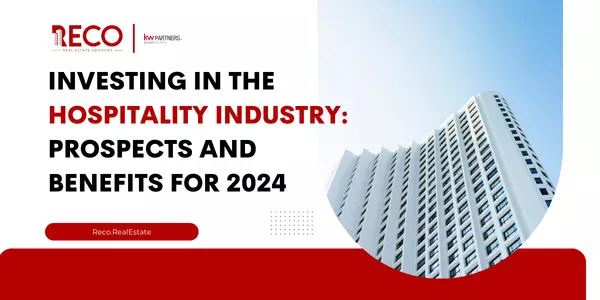
The Resilience and Recovery of the Hotel Industry As we approach 2024, the hospitality industry, particularly hotels, is showing signs of a robust recovery post-pandemic. The resilience of this sector has been notably impressive; by late 2022, hotel demand was only marginally below pre-pandemic lev
Read More-

Hospitality Broker in Kansas: A Guide for Sellers, Market Update, and Investing Welcome to our real estate blog focused on the hospitality industry in Kansas! Whether you are a seller, a potential investor, or simply interested in the current market updates, this blog will provide you with valuable
Read More Maximizing Returns in Hospitality Commercial Real Estate

Investing in hospitality commercial real estate – properties such as hotels, resorts, and restaurants – can offer significant returns for savvy investors. However, the sector can be complex, requiring a nuanced understanding of industry trends, customer needs, and property management best practices.
Read MoreThe Power of Diversification: Investing in Hospitality Commercial Real Estate

When it comes to real estate investment, one of the most promising yet often overlooked areas is the hospitality sector. This sector includes a wide range of commercial properties such as hotels, resorts, restaurants, and entertainment venues. They not only offer compelling financial rewards but als
Read MoreHospitality Real Estate: A Deep Dive into Zoning and Licensing Laws

Hospitality Real Estate: A Deep Dive into Zoning and Licensing Laws 1. Zoning Laws: More Than Just Land Use Zoning laws are local regulations that dictate how a parcel of land can be used. For hospitality real estate, these laws can be incredibly detailed and specific. For instance, a property may b
Read MoreHow to Evaluate a Hotel Property for Investment

How to Evaluate a Hotel Property for Investment: Investing in hotel properties can be a rewarding venture, but it requires careful consideration and due diligence. The hospitality industry is complex, and the success of your investment can depend on a variety of factors. Here's a more detailed guide
Read MoreHospitality Real Estate Financing: Options and Strategies for Investors

Your Financing Options in Hospitality Industry Investing in hospitality real estate can be a lucrative opportunity, but it often requires substantial capital. Financing plays a crucial role in helping investors acquire, develop, or renovate properties in the hospitality industry. In this blog, we w
Read MoreTop 5 Hotel Franchises in the USA: A Detailed Exploration
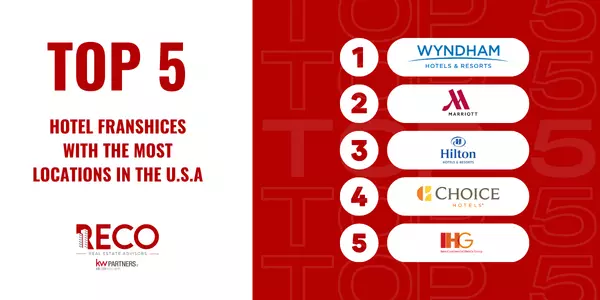
Top 5 Hotel Franchises in the USA: A Detailed Exploration 1. Wyndham Hotels and Resorts Wyndham Hotels and Resorts tops our list with a whopping 6,371 locations across the United States. This franchise has a presence in all 50 states, making it a truly nationwide brand. The state with the most Wynd
Read More
Categories
Recent Posts










